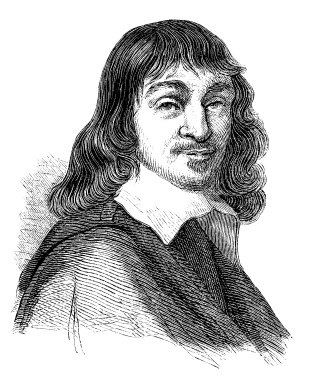Spotlight on Faculty Research
A&S faculty collaborate on social justice research
The Cooperative Consortium for Transdisciplinary Social Justice Research, is led by co-principal investigators Cate Fosl, professor of women’s and gender studies, and director of the Anne Braden Institute for Social Justice Research in the College of Arts & Science, and Enid Trucios-Haynes, professor in the Brandeis School of Law and director of the Muhammad Ali Institute for Peace and Justice.
Vision relies on attention to the environment
Prof. Zijiang He (Psychological & Brain Sciences) and his team found that perceived target location was more accurate only when both the textured surface was on the ground and the observers directed attention to the lower visual field. An ambient attention mechanism in the environment selects the ground surface (our terrestrial niche) to use as bases and scaffolds to form the vast visual world.
Prof. Hammond (Chemistry) receives $1.8 million grant
Prof. Gerald B. Hammond (Chemistry) received a $1.8 million dollar grant funded by the National Institutes of Health.
Shakespeare & the Creation of the Modern World
Prof. Julia Dietrich from the Department of English is partnering with the Louisville Free Public Library for a short 5 week course on Shakespeare's "greatest hits." At the Main branch of the Louisville Free Public Library, starting Tuesday Oct 18th 6:30pm.
Discovering the Meaning of Life
How do we build a life worth living? For Prof. Avery Kolers (Philosophy), games, and playing them, provide substantial answers. Kolers’ latest paper, “The Grasshopper’s Error: Or, On How Life is a Game,” published in Dialogue in 2015, takes the lead from fellow philosopher Bernard Suits to explain how the meaning or value of life is a lot like the meaning or value of a game. Though they are arbitrary in one sense – they have value only because you decide to play – they matter a lot while we're playing them. They give meaning and importance to the silliest things, like hitting a small ball into a little hole 300 yards away. They engage us mentally, physically, and socially. They imbue our actions with value. They can be played better and worse, and whether we are better or worse at them isn't subjective.
Public Housing and Neighborhood Revitalization
Prof. Maggie Walker and Prof. Carol Hanchette, of the Geography & Geosciences Department, sought a different approach to applied geography and GIS research. Their 2015 study, “Residents’ experiences in the aftermath of a HOPE VI revitalization project: A three-pronged, grounded visualization approach,” published in Applied Geography, incorporated “drive-by photography” – a process of working with residents to acquire photos and trigger visual memories – and personal histories collected through interviews with qualitative GIS.
Gay Rights and Presidential Elections
Dr. Rhodebeck’s research in Political Science involves poring over data and finding the patterns that illuminate political history. Her primary focus has been around gay rights issues in elections. Her research found that the pattern of policy voting reflected the particular gay rights issue that was important in an election – e.g. gays in the military in 1992 and same-sex marriage in 2004.

